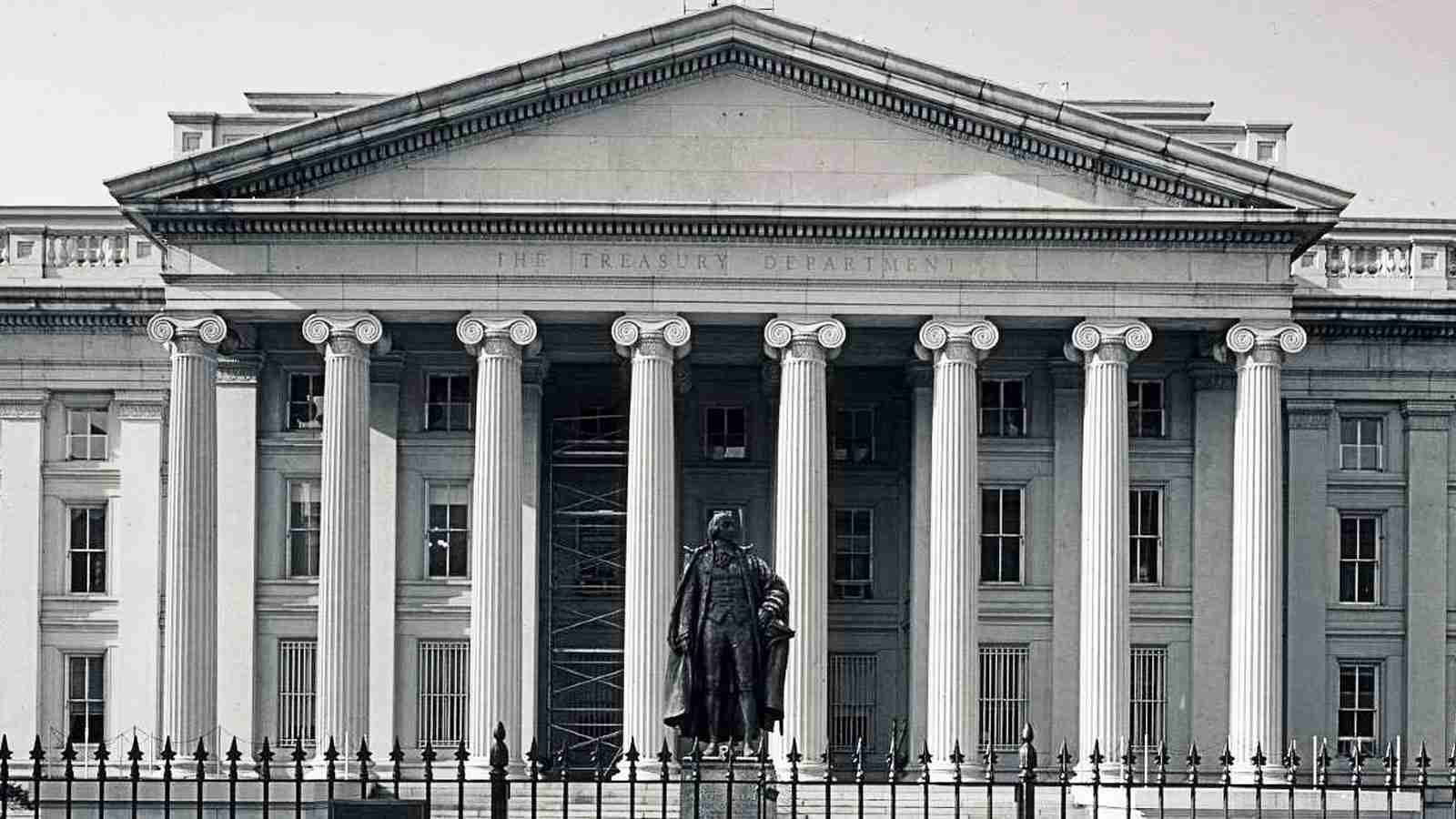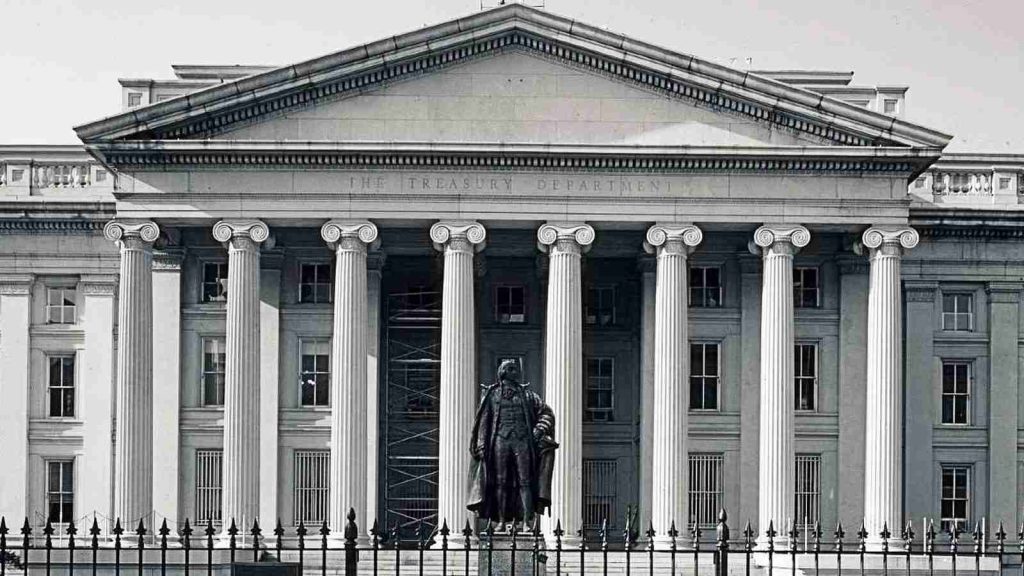KEEP IN TOUCH
Subscribe to our mailing list to get free tips on Data Protection and Cybersecurity updates weekly!







The US Treasury Department announced today sanctions against the Chatex cryptocurrency exchange for helping ransomware gangs evade sanctions and facilitating ransom transactions.
The Treasury also sanctioned the Russian-linked Suex crypto exchange in September for helping at least eight ransomware groups, with over 40% of its known transaction linked to illicit actors.
“Analysis of Chatex’s known transactions indicate that over half are directly traced to illicit or high-risk activities such as darknet markets, high-risk exchanges, and ransomware,” the Treasury Department said.
“Chatex is being designated pursuant to Executive Order (E.O.) 13694, as amended, for providing material support to Suex and the threat posed by criminal ransomware actors.”
Just as in Suex’s case, by sanctioning Chatex the US administration aims to take down the main channel used by ransomware operations to collect ransom payments from their victims.
The Treasury also designated IZIBITS OU, Chatextech SIA, and Hightrade Finance Ltd for providing assistance to Chatex by setting up infrastructure and enabling Chatex operations.
By sanctioning crypto exchanges that provide material support to ransomware gangs, the US hopes to drain their funding and disrupt their operations.
Also Read: PDPA Singapore Guidelines: 16 Key Concepts For Your Business
“Unprincipled virtual currency exchanges like Chatex are critical to the profitability of ransomware activities, especially by laundering and cashing out the proceeds for criminals,” the Treasury added.
“Treasury will continue to use all available authorities to disrupt malicious cyber actors, block ill-gotten criminal proceeds, and deter additional actions against the American people.”
FinCEN’s Financial Trend Analysis report was issued on the heels of governments worldwide saying they will crack down on cryptocurrency payment channels used by ransomware gangs.
One year ago, the Treasury Department’s Office of Foreign Assets Control (OFAC) also warned that ransomware negotiators that they could face civil penalties for facilitating ransom payments if their deals involve ransomware gangs already on its sanctions list.
The US government has also levied sanctions against other entities and threat actors associated with ransomware operations in recent years.
The list of ransomware-linked sanctions includes the developer of Cryptolocker ransomware, two Iranians for providing material support to SamSam ransomware, the Lazarus Group and two sub-groups, Bluenoroff and Andariel,
The US also charged multiple Evil Corp members for stealing over $100 million and added them to the Office of Foreign Assets Control (OFAC) sanctions list. This group is associated with multiple ransomware families, including WastedLocker, Hades, Phoenix CryptoLocker, PayLoadBin, DoppelPaymer, Grief, and Macaw Locker.
Today, the Treasury also sanctioned REvil affiliates Yaroslav Vasinskyi and Yevgeniy Polyanin for their part in deploying ransomware payloads in love 5,500 attacks.
Also Read: Data Protection Officer Singapore | 10 FAQs
The US Department of State also announced on Thursday a $10,000,000 reward for the identification or location of DarkSide ransomware core members and $5,000,000 for information leading to the arrest of affiliates and other participants in DarkSide attacks.
The total amount of ransoms that ended in ransomware groups’ wallets amounted to over $400 million in the last 12 months, over four times more when compared to the entirety of 2019, according to the Treasury.
Last month, the Treasury Department’s Financial Crimes Enforcement Network (FinCEN) identified roughly $5.2 billion worth of outgoing Bitcoin transactions likely tied to the top 10 most commonly reported ransomware variants.